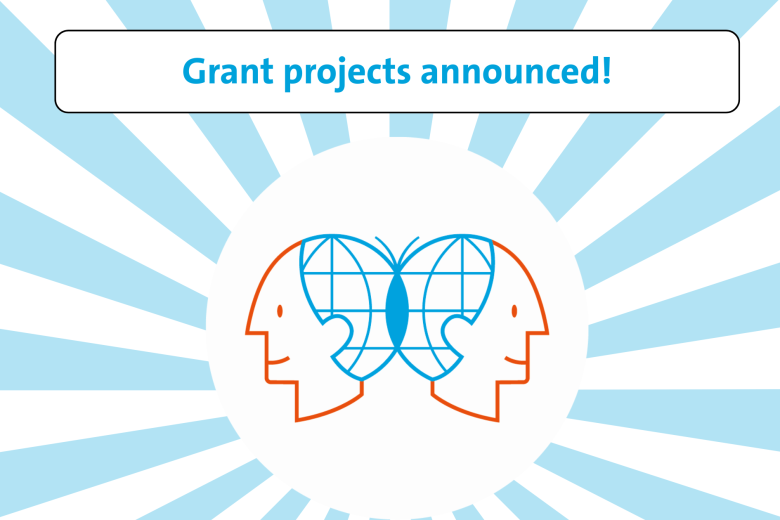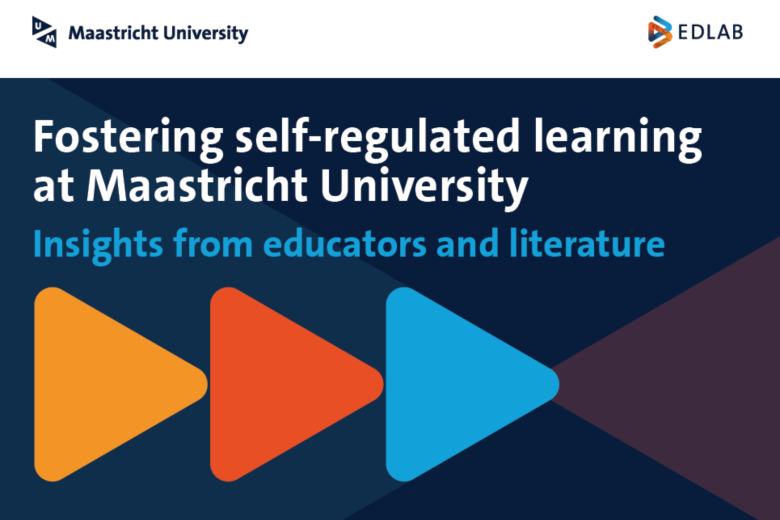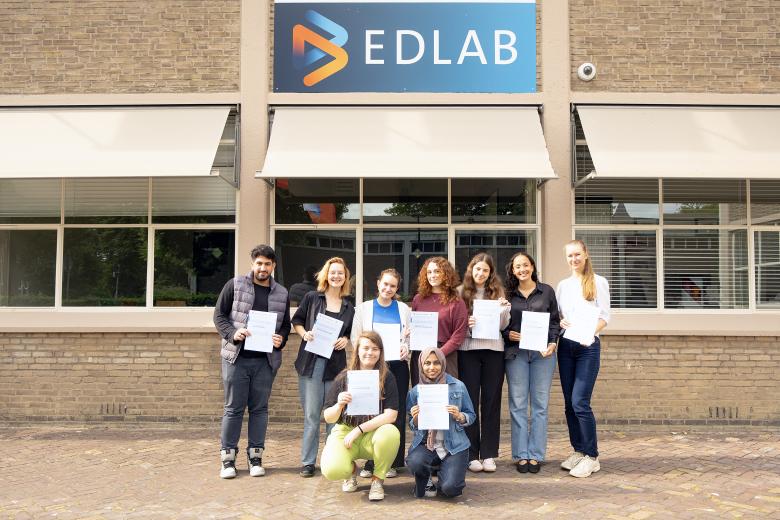Three new resources to help teachers and students explore Large Language Models in PBL
How could Large Language Models (LLMs) be used in PBL education at Maastricht University? That was the question behind the EDLAB innovation project The Impact of LLMs on PBL.
Based on research and pilot projects at UM, the project team has produced three resources for UM teachers and students to explore Large Language Models in PBL. Together, these three resources provide a starting point for anyone curious about how LLMs tools can support learning.
Scientific insights into the impact of LLMs on PBL can be found in this literature review.
Throughout the project period, several inspirational use cases were collected from UM teaching staff who experimented with LLMs in their courses. This document aims to encourage others to explore these tools by offering ideas to engage students in new ways and enhance teaching practices.
Finally, the project has also produced a new set of student guidelines for using LLMs effectively during individual and collaborative learning activities.
Many thanks to the UM students and staff who contributed to the project outcomes!
Special thanks also to the project team and authors of the documents: Stefan Jongen (main project coordinator, FSE), Walter Jansen (EDLAB), Lonneke Bevers (FSE), Laurie Delnoij (SBE), Freddy Schwoerer (SBE), Donna Carroll (EDLAB), Paula Aldaz Laquidain (EDLAB), Spoorti Ramesh (EDLAB) and Damian Chmielewski (EDLAB).
Also read
-
Three UM initiatives win Global Citizenship for Sustainable Development grants
We are proud to announce that three projects have received funding from the Global Citizenship for Sustainable Development network at Maastricht University.

-
Research report: Fostering self-regulated learning at Maastricht University – Insights from educators and literature
Drawing on academic literature, good practices, and the experiences of UM teaching staff, this handbook outlines what SRL is, how it connects to our CCCS educational model, and how it can be applied in day-to-day teaching. It includes concrete examples, tools, and reflections from colleagues across...

-
ESAB students receive certificates for their contributions in 2025
In the academic year 2024-2025, 11 UM students joined the EDLAB Student Advisory Board (ESAB) and contributed their ideas to cross-faculty discussions on teaching, learning, and educational innovation.
